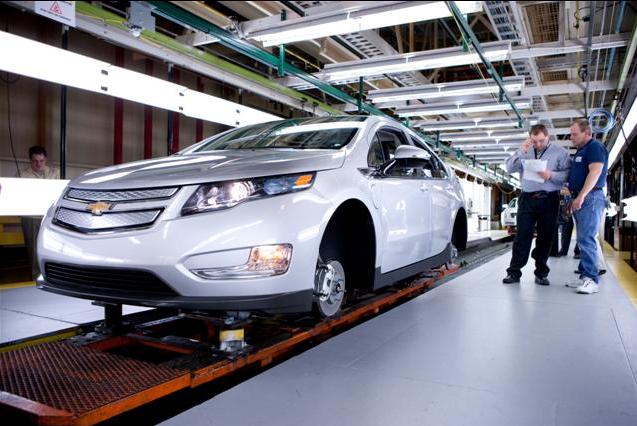Will there be enough electricity for all those new electric cars?

There's no question that a large-scale movement to hybrid and electric vehicles is a great way to wean ourselves off oil, and onto cleaner modes of transport. And most, if not all, major auto manufacturers are engaged in this new market.

However, in the process, all these electric and hybrid cars may dramatically increase our reliance on another fuel source -- a stable electric grid. And the power grid, as it exists today, may not quite be ready to handle this new surge in load.
In a new analysis out of the University of Chicago and Argonne National Laboratory, Les Poch and Matt Mahalik of Argonne’s Center for Energy, Environmental, and Economic Systems Analysis (CEEESA) says if demand for plug-ins skyrockets, a flood of new electric cars could strain America’s power networks to the limit.
“Depending on what Americans do with their new cars, energy suppliers could be overwhelmed—or they could stand to gain a lot,” Poch says.
Mahalik adds that "until now, the pattern of power use in the U.S. has been relatively stable and predictable for the past 30 years,” says Mahalik. “The last major bump was probably the widespread adoption of air conditioning.”
Electric vehicles stand poised to throw off that stable pattern. At this point, the researchers say, "No one knows how quickly electric cars will catch on, in what areas they’ll be most popular, or when everyone will choose to plug in their cars."
That's why there's even greater urgency to adopt a smart grid approach for electricity consumption, the researchers advocate. “The smart grid proposes to reorganize the way power is used in the home and how it is distributed,” says Ted Bohn, an electrical engineer at Argonne’s Center for Transportation Research.
The smart grid approach to electric vehicles would work along these lines:
"In the home, electric vehicles and all major appliances would be connected to a central hub that monitors how much electricity they use. The hub in turn would 'talk' to local power suppliers. All of these appliances and the grid would talk to each other and could also share power.... The communication between vehicles, appliances and the grid allows suppliers to track electricity use in real-time. With that information, more utilities could vary the price of power by time of day and create incentives for consumers to use electricity at certain times...."
This also begs the question: will brownouts or blackouts mean there will be fewer cars on the road during the outage period? Will it mean reduced mobility during critical times when power is knocked out, such as during hurricanes or other weather events?
This post was originally published on Smartplanet.com